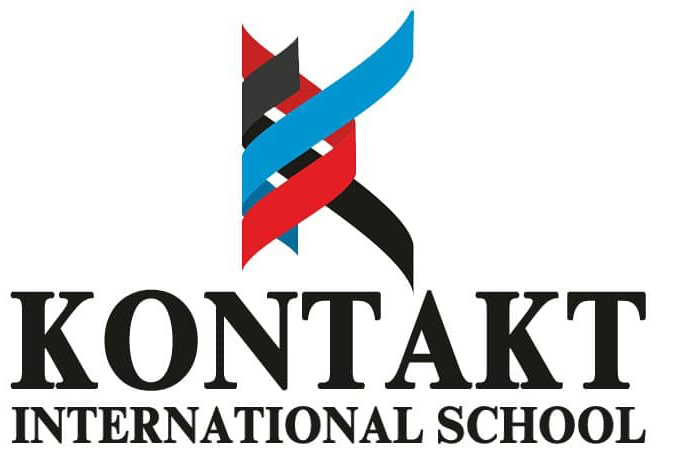Students in grades 6-10 are at a critical stage of development as they are undergoing dramatic physical, personal, social and intellectual changes. They are also becoming more aware of the wider world around them. It is a time of questioning and challenging, which can be exciting, confusing and a bit frightening all at the same time. The IB Middle Years Programme (MYP) aims to help students through this crucial time by fostering a sense of belonging and a positive attitude to learning. Learning how to learn, how to evaluate information and communicate their learning are important to the programme.
The MYP has three fundamental concepts:
- The programme is holistic
- The programme fosters inter-cultural awareness
- The programme stresses the importance of communication
Learner Profile
- Balanced
- Knowledgeable
- Inquirers
- Communicators
- Principled
- Thinkers
- Open-Minded
- Caring
- Risk-takers
- Reflective
Subject Groups
- Language & Literature
- Language Acquisition
- Individuals & Societies
- Mathematics
- Sciences
- Physical and Health Education
- Design
- Arts
Global Contexts
Teaching and learning in the MYP involves understanding concepts in contexts. Global contexts provide a common language for powerful contextual learning, identifying specific settings, events or circumstances that provide more concrete perspectives for teaching and learning. When teachers select a global context for learning, they are answering the following questions:
• Why are we engaged in this activity?
• Why are these concepts important?
• Why is it important for me to understand?
• Why do people care about this topic?
The Global Contexts are:
• Identities and relationships
• Orientation in space and time
• Personal and cultural expressions
• Scientific and technical innovation
• Globalization and sustainability
• Fairness and development
Personal Project
The culminating project of the MYP is the Personal Project. Each grade 10 student has this exciting opportunity to complete a major piece of work on a project of their choice, under the guidance of a supervising teacher.
If you have any questions about the Middle Years Programme at KIS, please do not hesitate to contact MYP and the Personal Project Coordinator.
Service and Action
Service activities should evolve beyond doing for others to engaging with others in a shared commitment towards the common good. Meaningful service requires an understanding of an underlying issue such as poverty, literacy or pollution and authenticating the need for this service. Meaningful service includes interaction such as building links with individuals or groups in the community.
To align with the general principle that the rights, dignity and autonomy of all those involved in service are respected, means that identification of needs towards which a service activity will be directed has to involve prior communication and full consultation with the community or individuals concerned. This approach maximizes the potential benefits for all the people involved, including learning opportunities for the students as they develop and strengthen communication abilities.
Learning Outcomes for Service
• Become more aware of their own strengths and areas for growth
• Undertake challenges that develop new skills
• Discuss, evaluate and plan student-initiated activities
• Persevere in action
• Work collaboratively with others
• Develop international-mindedness through global engagement, multilingualism and intercultural understanding
• Consider the ethical implications of their actions
Assessment
Assessment in the MYP is criterion-related in which our students are measured against criteria prescribed by the IB for each of the subject groups. Teachers modify these criteria descriptors for the early years of the programme to make them more age-appropriate. Tasks are then designed by teachers which are internally assessed according to the criteria. Teachers provide students with tasks and task-specific clarifications to help them to understand the requirements of the task. Students will also be asked to reflect upon their work and learning, and these will be sent home to parents as part of our reporting process.
Advantages of criteria-related assessment for students
- By reading the descriptors and clarifications, the students can focus on what is expected of them
- When students have a more detailed understanding of what is expected of them, student performance improves
- When a task is assessed using a rubric, students get more specific feedback acknowledging the aspects of the task they did well on and giving guidance for how to reach the next level
- Criterion-related assessment acknowledges that learning is a dynamic ongoing process and that grades should acknowledge what students know, understand and do at that specific point in time
- Students are able to reflect more knowledgeably and set specific action goals.
